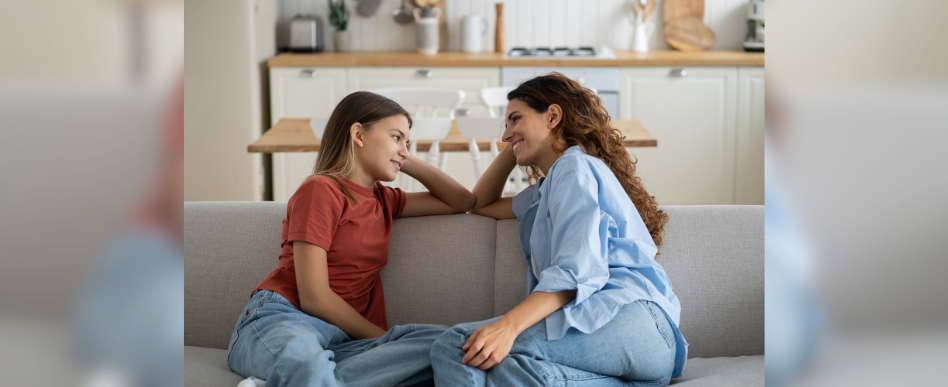Children are sometimes involved in situations that are difficult for them, and it is then difficult for them to cope with what is new different and unfamiliar.
If you know that your child may have witnessed a situation that is difficult for them, you can start a conversation with them at home in the following way:
‘I heard about what happened at your school… what do you think about it?’,
“What do others know about it? Have you talked about it?”.
During the conversation with the child:
- Remain calm, do not panic.
- Take your child’s messages seriously, do not underestimate them. Children may perceive reality differently from adults, sometimes the child’s fantasy world is mixed up with the real world. It is then useful to make the child’s worries and fears real.
- Don’t send the child away, don’t say ‘I don’t have time’, ‘I’m busy’, such messages make the child feel rejected, that he/she has to deal with the problem alone.
- Provide a calm environment for the conversation.
- Respect the child’s emotions, sometimes children feel more strongly about what is happening.
- Provide emotional support to the child.
- ‘I understand that you are experiencing this situation …’
- ‘I can see how difficult this is for you …’.
- Listen carefully, focus on what he/she says and how he/she says it.
- Don’t entertain, cheer up or make jokes – the child has the right to feel and experience situations in their own way. Joking about difficult situations can make the child withdraw and not want to talk about it anymore.
- Share your feelings and thoughts about the topic you are discussing.
- Remember don’t judge, don’t criticise. You can show that in you this situation also stirs up emotions.
- Be patient and empathetic, give your child as much time as they need to share their anxieties and difficulties with you.
- Honesty is valuable and builds a good relationship and bond with your child.
- If it is a good time talk about the consequences of such an event for that person, for their loved ones.
Remember that touch and closeness are also important; don’t be afraid to hug your child if he or she needs it. If you feel that there is something worrying going on with your child, contact a specialist – e.g. an educationalist, psychologist.
